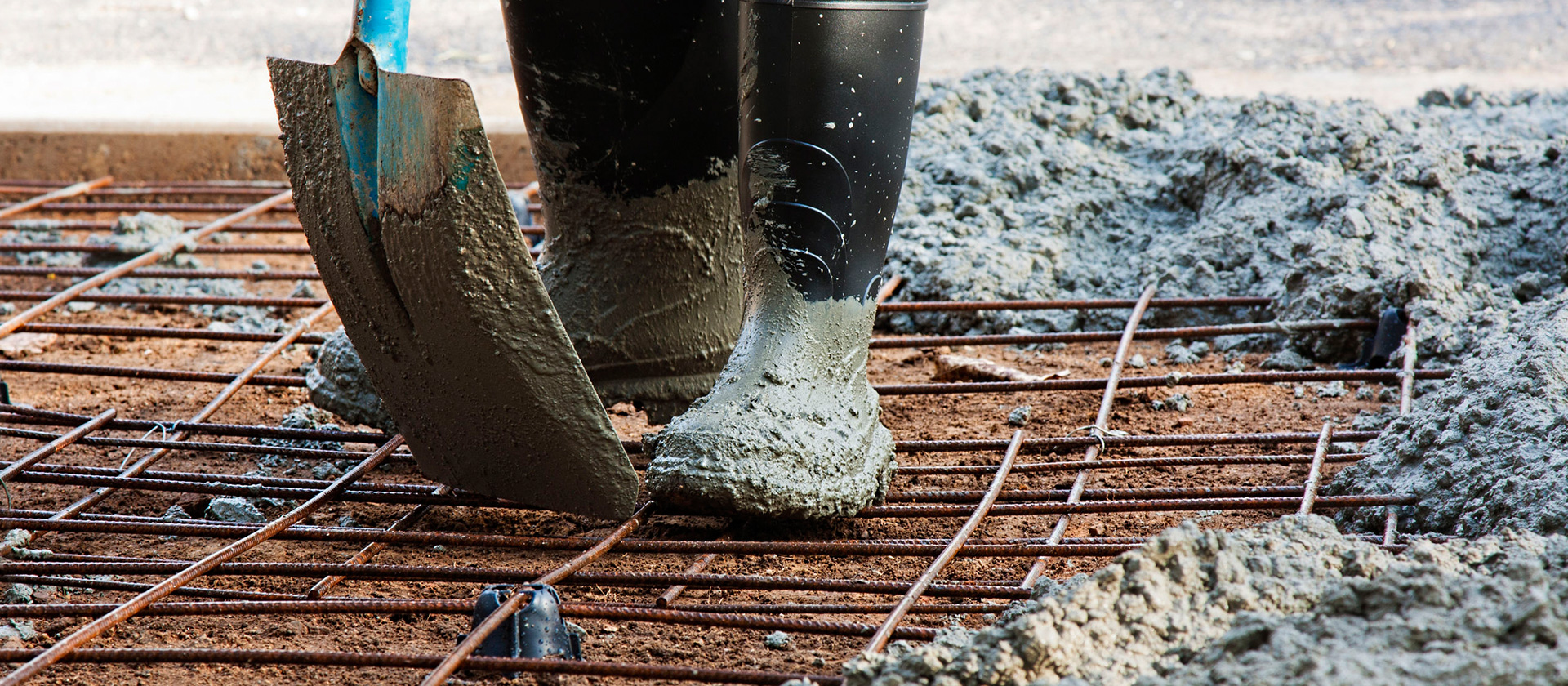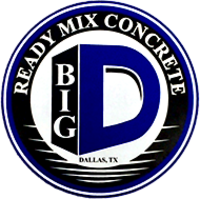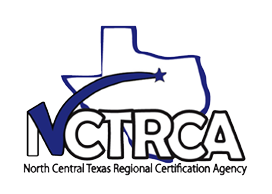How Do You Make Concrete Fire Resistant?
Amongst all the architectural materials available today, a hierarchy seems to be following. Marble is considered high-end, aluminum and glass are contemporary options, while wood and granite are also quite popular. However, there is also a trend evolving towards embracing concrete, for it is durable and also incredibly resistant to fire.
What helps concrete strive the fire-resistant properties is the precise composition of its mixture. Fireproof concrete has several residential and industrial applications. Commercially it is made with Portland cement and fly ash. However, you can also make fireproof concrete with just a few materials available at any home improvement store. It is a tedious, step by step process, to create your own refractory concrete. But on the other, you can also make use of meticulously prepared professional-grade ready mix concrete that serves the same purpose.
Fire-Resistant Mechanism Of Concrete
Fire resistance is attributed to a material’s ability to stand firmly in the incident of a fire. At such high temperatures, several materials lose their strength, and stiffness and spalling occur. However, concrete is a protective material.
Different constituent components used to prepare concrete, including clay, limestone, gypsum, and the aggregate, make the material impervious to heat and flames. The composition itself makes concrete non-combustible while being chemically inert so no additional fire-protection is required.

The slow rate of heat transfer allows concrete to withstand extreme fire pressure without emitting toxic gases, smoke, or molten particles. Besides, concrete also does well in the face of dangers like floods, tornadoes, and hurricanes. The material in more energy-efficient as compared to wood and also allows soundproofing. Talking of its fire resistance qualities, concrete maintains structural integrity and does not compromise on fire compartmentation. The material does not burn itself. This minimizes the risk of fire while requiring least maintenance to protect itself from fire damage.
Factors Affecting Fire Resistance Of Concrete
The precise composition is what affects the resistant properties of concrete. Therefore, the following elements are taken into consideration:
Aggregate
The aggregate material used in concrete is classified under three major categories: Carbonate, siliceous, and lightweight.
Limestone and lime rock are carbonate aggregates. They consist of a combination of calcium or magnesium carbonate, which drives off carbon dioxide during a fire while calcium oxide residues remain. Granite and sandstone form the siliceous aggregates that reduce its strength by almost half, whereas clay, slate, or shale, make the lightweight aggregates.
It is the carbonate and lightweight aggregates that retain insulating properties to transmit heat at a much slower rate than normal-weight concrete. Generally, these are the ones that provide better fire resistance and compressive strength of up to 650 degrees Celsius (1200 degrees Fahrenheit).
Moisture
Moisture levels play a complex role in the way concrete behaves in a fire. For instance, concrete that has not been allowed to dry entirely or has a considerably low water-cement proportion may deteriorate at a much faster rate. One that is made of silica fume or latex is also not resistant to the fire hazard.
Density
Concrete that has a lower density behaves better in a fire. Also, one with proper consistency and dried lightweight aggregates does better than normal-weight concrete.
Permeability
More permeable concrete has reduced performance, especially if it is partially dry.
Thickness
A leaner mix does less to perform better under high temperatures. Thus, concrete with a rich blend exhibits more strength when exposed to fire.
Making Fireproof Concrete
As mentioned earlier, concrete is a mix of two major components – aggregate and paste.
Aggregate consists of several fine (5mm or smaller) and coarse (as large as 38mm) ingredients that make up this component. On the other hand, cement serves as the paste, which again comprises of a host of materials that add on to the stability of concrete. At times, people also prefer adding slag, oyster shells, and coal-fired power plant ash to the paste alongside other chemicals and minerals.
All these materials are then mixed and crushed in appropriate proportions with a shovel until they are evenly distributed. This dry mix is later blended with water till there are no dry pockets left. The idea is to make the mix like a snowball – if it does not fall apart, the consistency is correct. If the mix is soupy, the concrete would not be workable. Additional ingredients also power-up the concrete giving it the required color, hydration time (the chemical reaction that causes concrete to harden), and durability.
It is cement and the aggregates that present concrete with the needed resistance from fire. When combined in the right amounts, these become chemically dormant and offer reduced thermal conductivity. This provides the material with the requisite fire performance as well as design while ensuring its toughness.
The process of preparing concrete is much like baking – you mess up with the ingredients, and it is likely to up being a disaster. This is why the measurements of cement, water, and aggregate affect the resistance of concrete. Once the right proportion of the best ingredients have been determined for a specific project, it is time to combine the dry mix with water and pour the slabs.
DIY or Ready Mix?
The process of making your own concrete that is durable and fireproof is too complicated if your project requires a massive load. Moreover, obtaining the right strength and consistency is not assured every time. So, ready mix concrete comes to your rescue! It is easy to use, provides the needed stability, and is ideal for small/ medium/ more substantial projects.
Looking For The Best Concrete Supplier In Texas? Contact Us!
We, at Big D Ready Mix Concrete, are your very own concrete experts. Our team works day and night to offer you an efficient and reliable service. Our concrete products are highly durable and of superior quality. Besides, utilizing hazard-resistant ready mix concrete is the most convenient way to save your time, money, and energy. We have been serving customers in and around the Dallas region since 2002 and are a trusted partner for all your commercial and residential concrete related services. Talk to our representatives at (972) 737-7976 or request a quote online.
Looking for the best ready mix concrete supplier in Dallas, TX?
Big D Ready Mix Concrete offers you high-quality concrete products and excellent service!
Sister Companies


Our Certifications

Small Business Enterprise
Women Business Enterprise
Disadvantaged Business Enterprise
About Us
Big D Ready Mix Concrete has been serving clients in the Dallas, TX area since 2002, with over 400 utility mixes, high-strength wall mixes, exposed aggregate mixes, flexural strength mixes, stamp concrete mixes, flowable fill mixes, grout mixes, and trailer pump mixes.
Contact Information
10361 Bickham Rd
Dallas, TX 75220
(972) 737-7976
Email Us
Monday-Saturday 5am to 6pm
Dispatch Hours: Project Dependent